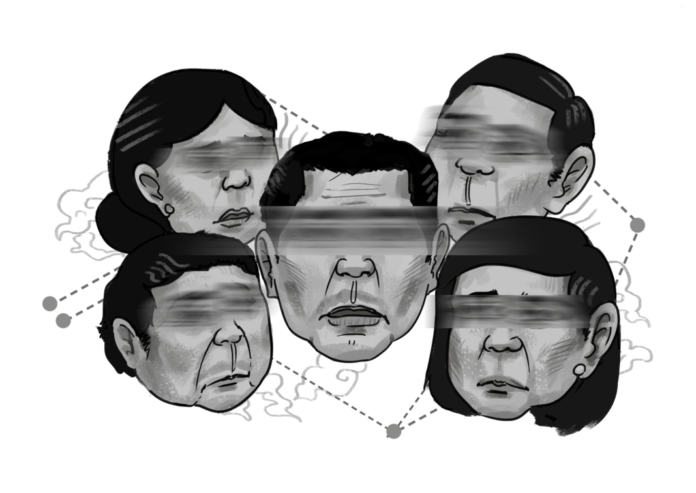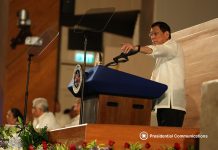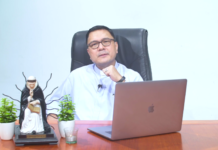WITH the resumption of Sangguniang Kabataan (SK) in the Barangay elections this year after years of postponements, experts and stakeholders cast doubts on the efficiency of youth councils in training youth leaders and improving lives in the villages.
Institute of Political and Electoral Reform Director Ramon Casiple said that while an SK reform law was implemented ahead of the polls, it was “hastened” and does not target the root cause of corruption in the SK, which is the practice of “traditional politics.”
Republic Act 10742 or the SK Reform Act, signed in January 2016 by President Benigno Aquino III, barred children of incumbent politicians from running for SK posts, and raised the required age of officials, among other changes.
For Casiple, traditional politics or “trapo” is learned by SK officials from older barangay officials who pass down the practices of vote-buying and plastering names and faces in government and private vehicles, buildings, and other property; and grabbing credit for local government projects such as outreach programs for the poor, free dental and medical care, free circumcision during and others.
Political science junior Gustav Henson, an SK chairman in Pampanga, said that while the criticisms against the SK are true, the new system must be given a chance.
“The criticisms are indeed true like that of being pressured by the barangay chairman, too young to be held accountable… but [these] are from the past. Our government reformed the system and now we should wait if there are changes,” he said.
Under the reformed SK system, all villages must have a youth council composed of a chairman and seven councilors, which shall develop a rolling youth development plan. Each official has a three-year term.
Dennis Coronacion, chairman of the UST political science department, said the SK is needed in a barangay because it serves as the mouthpiece of the youth, who are not usually heard in policy-making.
“Since the youth are very imaginative and creative, their participation in barangay council meetings will bring in fresh perspectives and ideas in solving old problems,” he said.
Casiple however said the SK is not the right platform and that money should not be involved in training future leaders.
“You remove the money, you remove the temptations from corruption. You also separate it from the barangay council, it should have its own dynamics,” he said.
A 2007 study of the Department of the Interior and Local Government and Unicef found poor performance among youth councils in terms of youth development, submitting reports, coming up with laws and reaching out to their constituents.
Other reforms
Under the reformed version, the age requirement for running as an SK official was raised from 15 to 18 years old to 18 to 24 years old.
In a previous report by the Varsitarian, Caloocan City Rep. Edgar Erice criticized the SK for having minors as officials because “they do not have the legal capacity yet to enter into an agreement, but they are allowed to disburse, transact, and handle government funds.”
Aside from the new age requirement, a new anti-political dynasty provision was added to the law, banning second-degree relatives, including parents, grandparents, siblings and relations by law or marriage, of government officials from running for SK positions.
“It was meant to reform the SK organization since over the years it has been taken over by political families. It is actually a small yet significant step in realizing the 1987 Constitution’s anti-dynasty policy,” Erice said. With reports from Ma. Consuelo D.P. Marquez



















